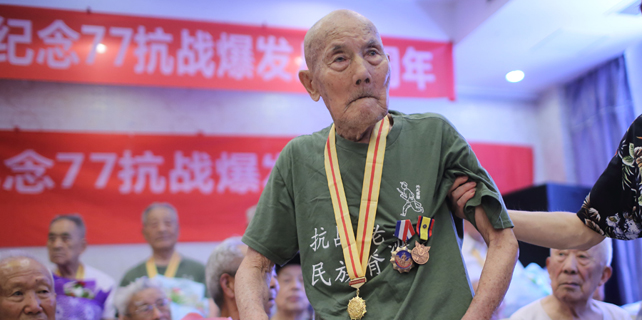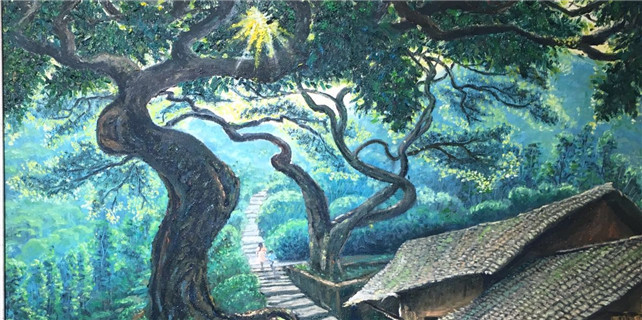Experts working on old texts feted
An annual prize was recently instituted by the Song Yunbin Foundation for scholars and experts who work with ancient texts.
"It's a job requiring attention to detail. If you are not passionate about ancient texts and ancient culture, you can't spend long hours on them. We're proud to reward these people," says Ge Zhaoguang, a professor with Fudan University in Shanghai and chair of the jury panel.
This year's winners were announced in July by the foundation, which is managed by Zhonghua Book Company, one of the country's major publishers of ancient books.
Three books and an editor were picked for the prize, comprising 100,000 yuan ($14,600) for each winner.
"The editing of the three works spanned several decades and was done by generations of scholars," says Ge.
The three books are Historical Records (collated version); Relics of Silk Books and Bamboo Slips in Mawangdui Han Dynasty Tombs; and Annotated Corpora of Du Fu.
Zhang Zhonggang took over the job of editing the works of Tang Dynasty (618-907) poet Du Fu from his teacher, who started the job in 1978.
Zhang led his team for three decades. In 2014 they published the 12-volume work of Du's 1,456 poems and other works.
"We spent two years tracing the poet's footprints to collect material," the 77-year-old says.
"Du Fu is a master poet. When you study him, you know you're on a difficult path. And it will test your dedication and your professionalism. But it's worth it."
Veteran scholar Yuan Xingpei from Peking University says Zhang's work is unprecedented.
The book on the Han Dynasty (206 BC-220) tombs is compiled by Qiu Xigui and his team. They studied hundreds of bamboo slips and 50 silk books and paintings that were unearthed 40 years ago.
Yuan says that though collating ancient texts is a lonely job, "it is a significant one".
As for Song Yunbin's background, he was once with the Zhonghua Book Company working on the History of Twenty-four Dynasties.
Song, who was born in Zhejiang province in 1897, contributed greatly to the study of ancient texts and Chinese culture.
In a Guangming Daily article in March 1950, Song writes: "Our ancestors have left us many treasures... It's our duty to sort them out ... and offer readers decisive, precise and clear notes."
His grandson, Song Jingqi, donated his collection of paintings and calligraphy to be auctioned and used the money to set up the Song Yunbin Foundation.
The foundation is believed to be one the first nongovernmental foundations promoting the study of ancient texts.
According to Ge, it is one of the few foundations that is not set up by the super-rich.
Speaking about the foundation, Song Jingqi says: "We want to carry on the tradition of collating ancient texts, and we want to encourage earnest research."
(China Daily 07/07/2017 page20)
















